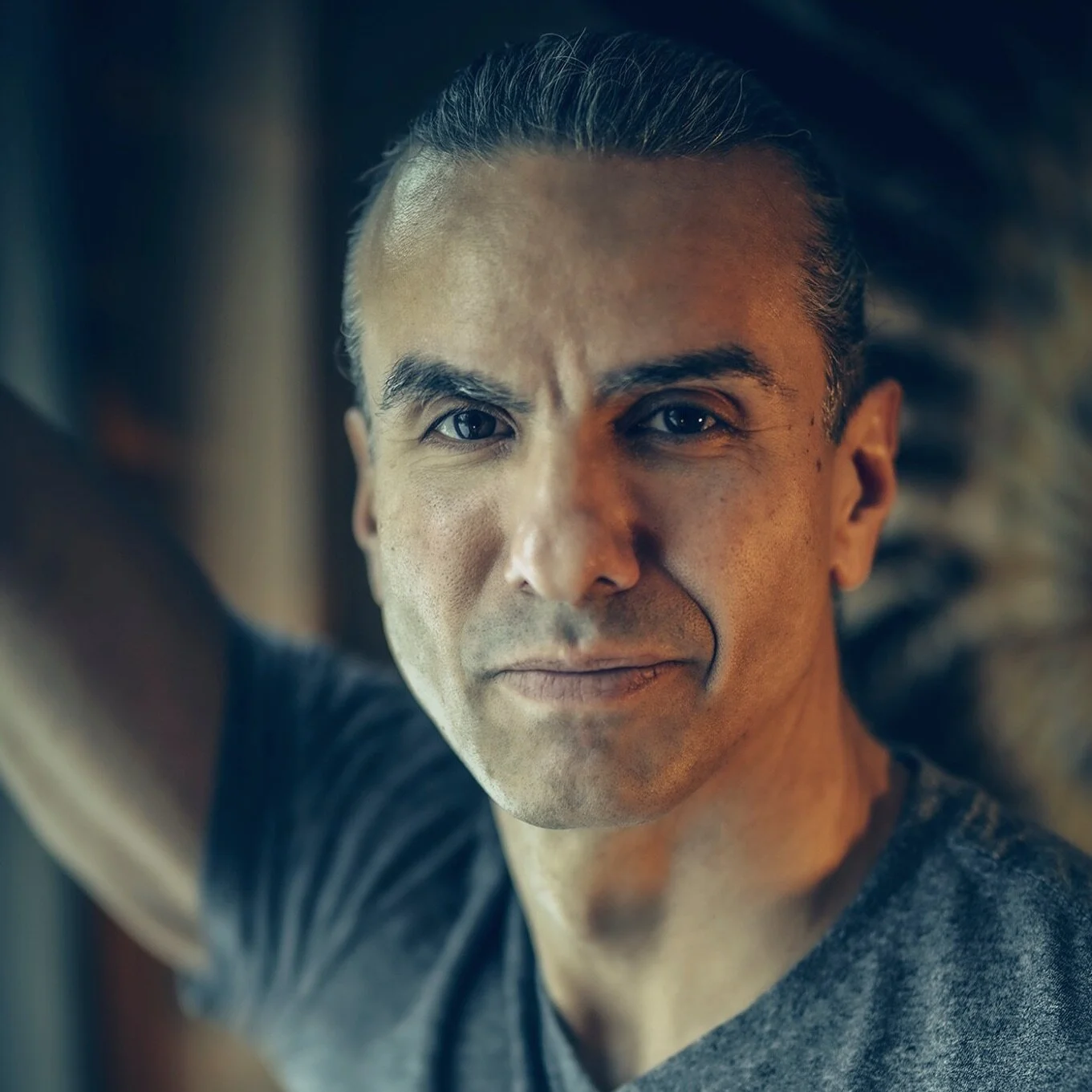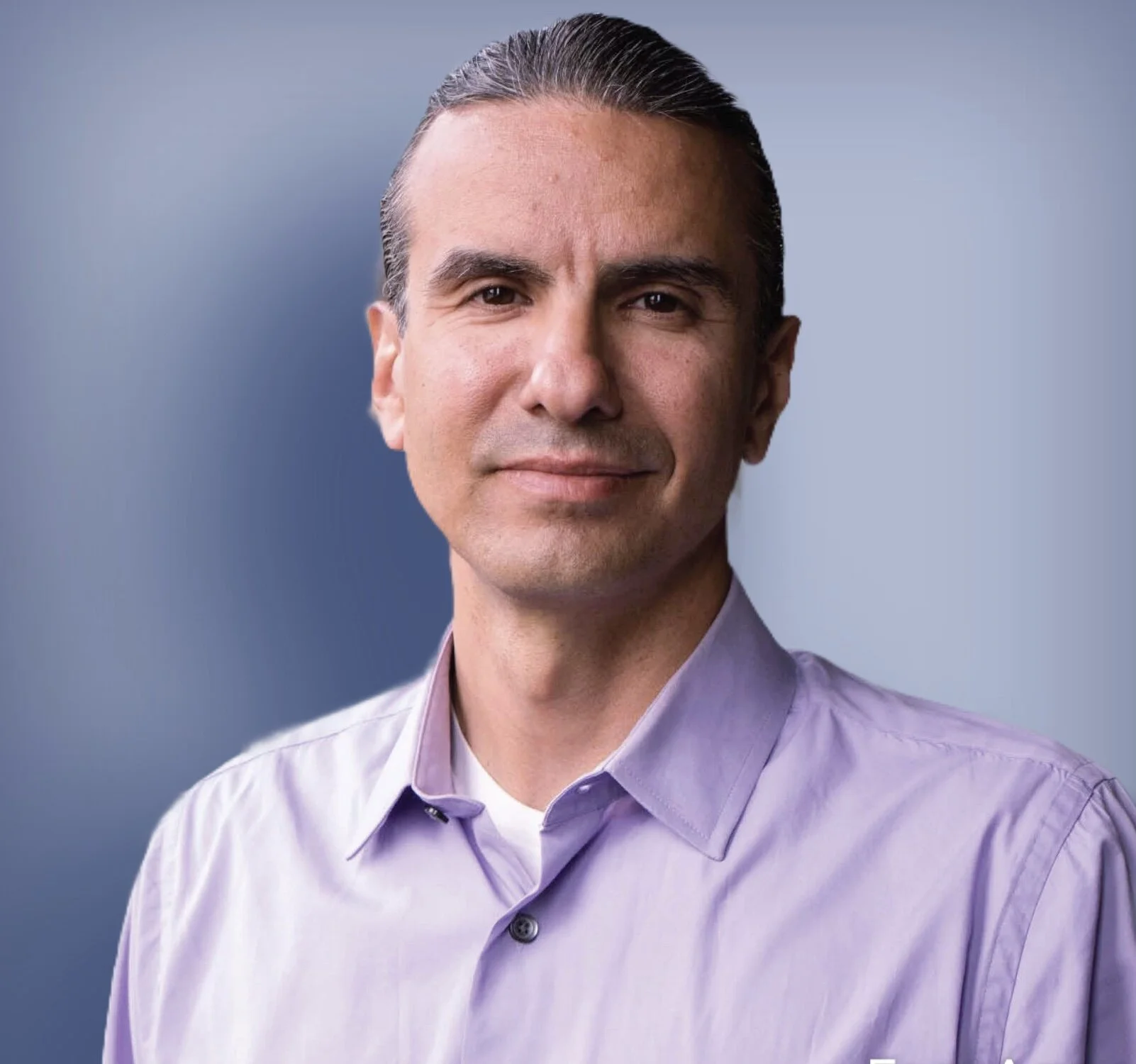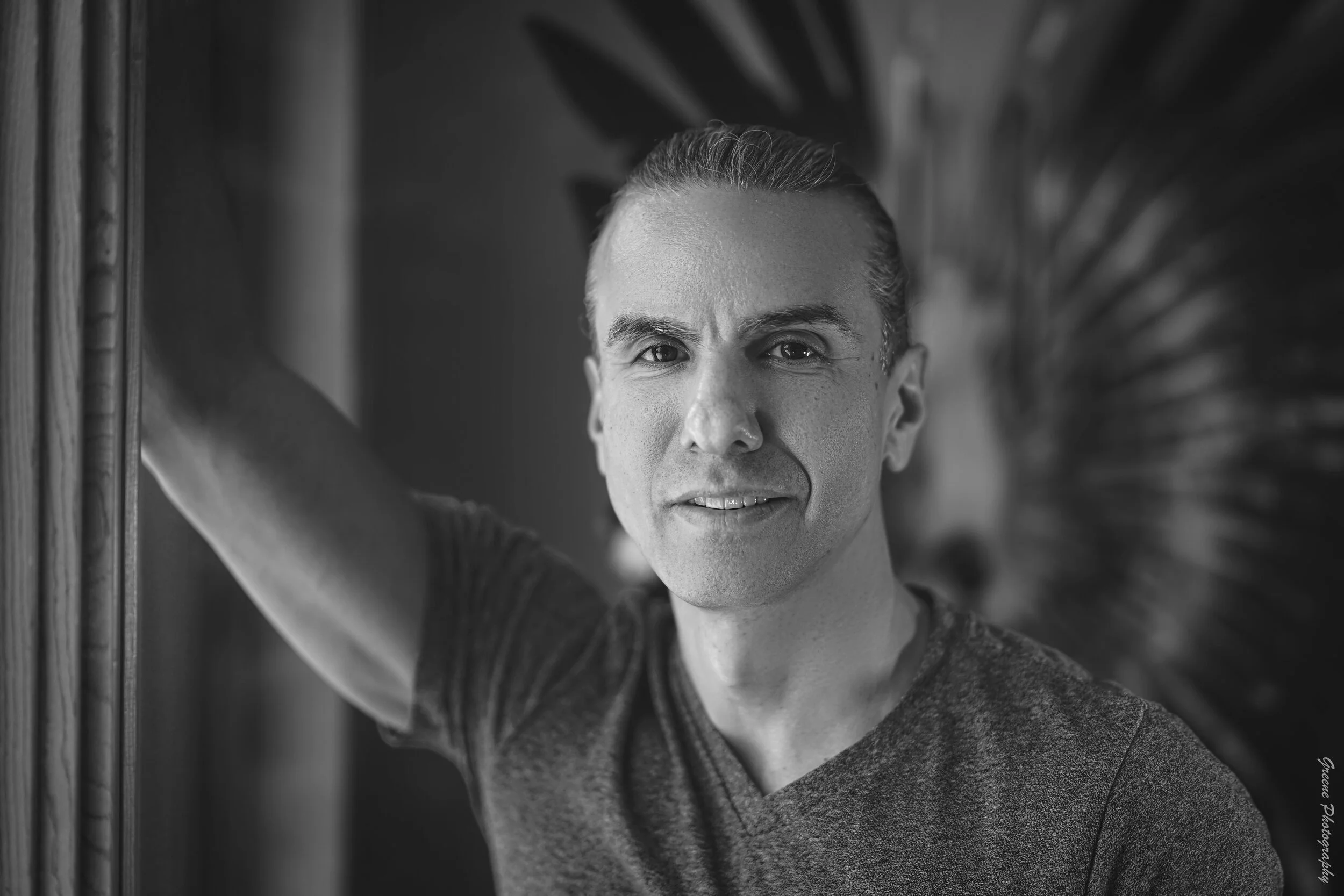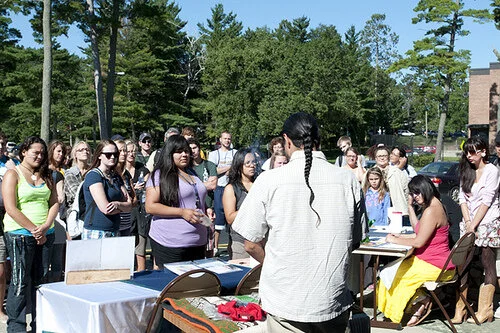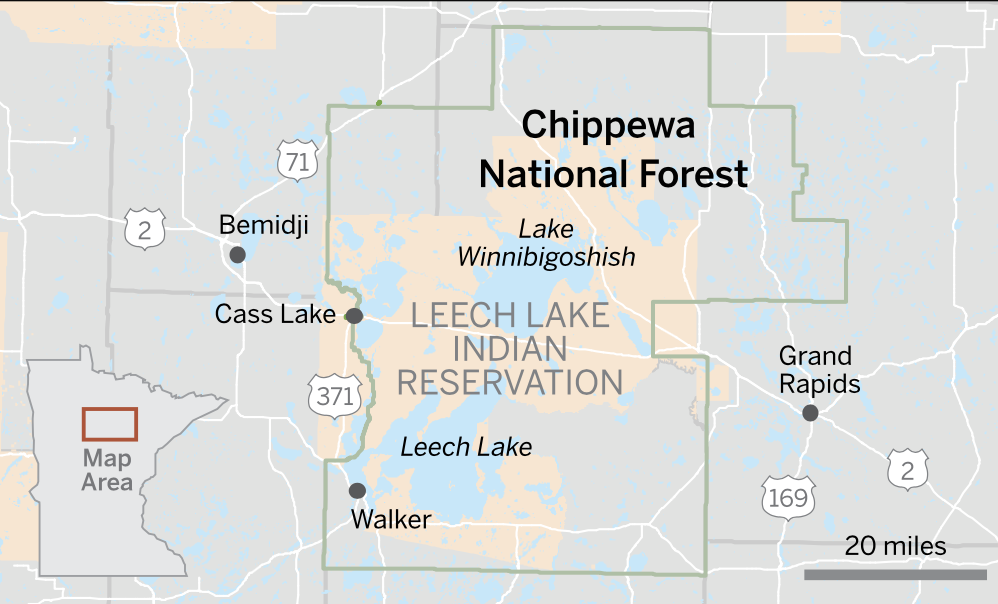“Indigenous people have a lot to teach the rest of the world. And we live in and protect a lot of the world’s most sensitive ecosystems. I’m also looking forward to working with some of the brightest minds on the planet on one of the most important endeavors of our time.” —Anton Treuer
Read More“Indians. We are so often imagined and so infrequently well understood.” —Anton Treuer
Read More“Indians. We Are so often imagined and so infrequently well understood.” —Anton Treuer
Read More“Indians. We are so often imagined and so infrequently well understood.” —Anton Treuer
Read More“We are ancient and modern.” —Anton Treuer
Read More“Indians. We are so often imagined and so infrequently well understood,” —Anton Treuer
Read MoreI was not just another Indian. No Indian really is.
Because we are so often imagined and so infrequently well understood.
Read MoreNorthern Wisconsin’s only Ojibwe immersion school built a successful program to revitalize its language. Then the pandemic upended the tribe’s life
Read More“Indians. We are so often imagined and so infrequently well understood.” —Anton Treuer
Read More“The Ojibwe language is beautiful. One example that gets at the way language encodes meaning is our parting, ‘giga-waabamin miinawaa,’ which means ‘I”ll see you again.’ We have no word for goodbye. It’s ‘I’ll see you again’ in this world or the next — an affirmation of the soul-to-soul connection between two people.”
Read More“We have to manifest our sovereignty.” —Anton Treuer
Read More“Indians. We are so often imagined and so infrequently well understood.” —Anton Treuer
Read MorePreserving and teaching Indigenous languages is literally a race against time in many cases, and Covid-19 has made that race even more difficult as it most severely impacts elders. One of Treuer’s other projects is collecting stories from elders to print into books. It’s a task that normally requires convening 50 people, and so it’s been put on hold for now. “In Mille Lacs, one of the elders that was a major contributor on our books just died. So if not for that, we probably would have had another 20 stories from her,” says Treuer.
Read More“In our politics, especially, we ‘other’ one another. We take an adversarial position with one another,” Treuer says. “I’ve heard some White folk who are really worried about the loss of cultural, political and economic power. That we’re going to flip roles between who is the oppressor and who is the oppressed. So they’re fighting with one another instead of working together to fight oppression.”
Read More“I think these things are really valuable and important for a lot of different reasons. We’ve been trying colonization for hundreds of years and it just messes people up. It’s not making them any better. Positive identity development of any human is important. So what does an Indigenous person’s positive identity development look like? Language and culture.”
Read MoreLuckily, the intersection of Indigenous language and technology is nothing new and goes far beyond online Zoom classes. For more than a decade, Indigenous speakers have been making great headway to digitize their languages for future generations, noting its ability to — as Treuer put it — bridge space and time.
Read MoreAnton Treuer thinks the solutions to many of America’s most challenging problems lie in understanding a language that, until recently, only a few people on the planet still spoke.
Read MoreUnder the trust of the federal government, huge portions of the Chippewa National Forest were cleared out, but the band will maintain the land and use it for traditional harvesting, said Anton Treuer, a professor of Ojibwe at Bemidji State University who lives on the reservation.
Read MoreBiden has signaled a willingness to include tribes in his agenda. The nomination of Rep. Deb Haaland (Laguna Pueblo) for Secretary of Interior sends a strong message. We’ll talk with policy experts about what they hope is in store for the next four years.
Read More
